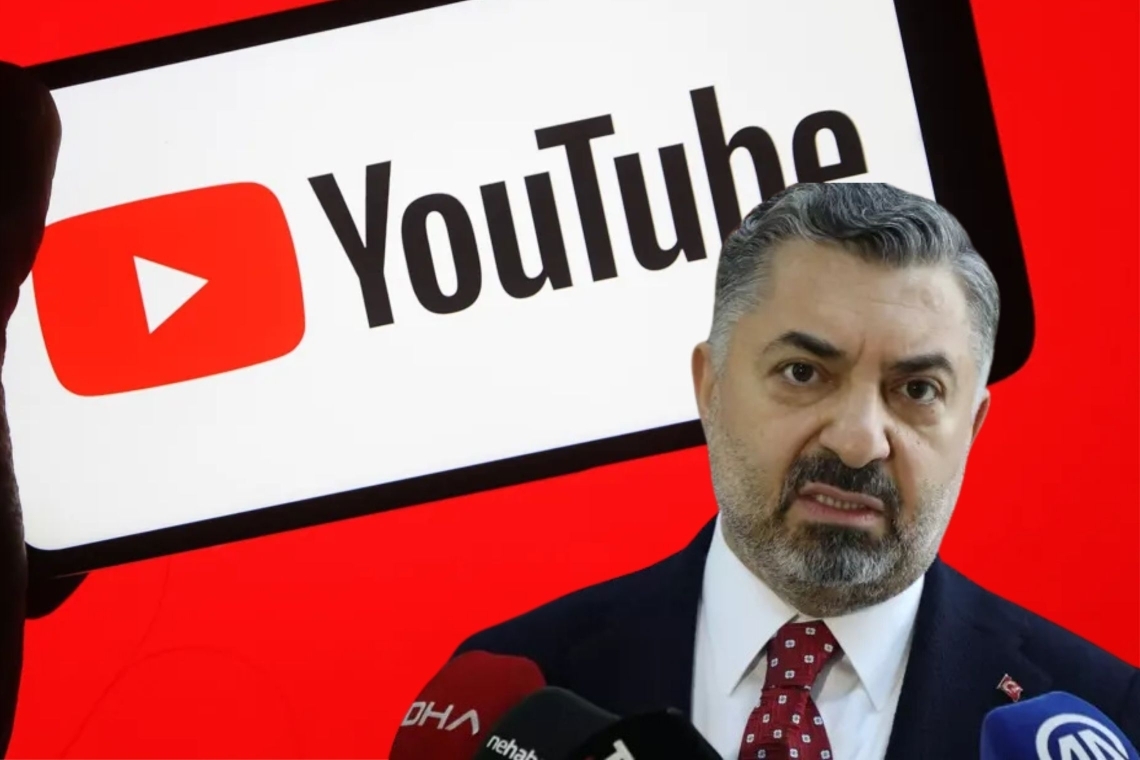Turkey to require YouTube licenses for regular broadcasters, impacting journalists' channels
Radio and Television Supreme Council (RTÜK) Chairman Ebubekir Şahin announced plans to impose a licensing requirement for YouTube channels that broadcast regular content. This move is expected to significantly affect journalists who use the platform for news and analysis.
Under the new regulation, channels will have 72 hours to apply for a license, and RTÜK will be empowered to remove videos or impose penalties on content it deems in violation of its broadcasting principles. Additionally, broadcasters will be required to pay 1.5% of their revenue to RTÜK.
Licensing for regular broadcasters
Speaking on Ekol TV on September 1, Şahin confirmed that RTÜK is in talks with YouTube and is preparing a protocol. While he assured that YouTube would not be banned, he emphasized that content creators who regularly produce programs would be subject to a licensing requirement. Personal or irregular content creators will be exempt.
RTÜK's authority to regulate online platforms was established by a 2019 law, which brought streaming services like Netflix, Amazon Prime Video, and Disney+ under its supervision. In 2022, RTÜK required Deutsche Welle and Voice of America to obtain licenses for their video content. When they failed to do so, access to their content was blocked in Turkey.
72-hour compliance window
Once the license requirement is imposed, broadcasters will have 72 hours to comply or face being blocked in Turkey. Licenses will be valid for 10 years, with the cost set at 643,517 Turkish lira (approximately $23,000) starting in 2024. In addition to the license fee, YouTube broadcasters must also pay RTÜK a 1.5% share of their revenue.
Penalties for non-compliance
Broadcasters licensed by RTÜK will be required to adhere to RTÜK’s broadcasting principles. Content found to be in violation could be subject to removal or fines. These administrative fines can range from 1% to 5% of a channel’s monthly revenue.
News channels at risk
The new regulation is expected to primarily impact journalists and news channels on YouTube. Popular channels such as Cüneyt Özdemir (1.63 million subscribers), Fatih Altaylı (1.15 million), Fatih Portakal (780,000), and Nevşin Mengü (713,000) will fall under RTÜK's oversight if they are required to obtain licenses, subjecting their content to regular monitoring by the council.
This move is seen as part of a broader effort by Turkish authorities to extend control over digital platforms, with implications for press freedom and independent journalism in the country.



